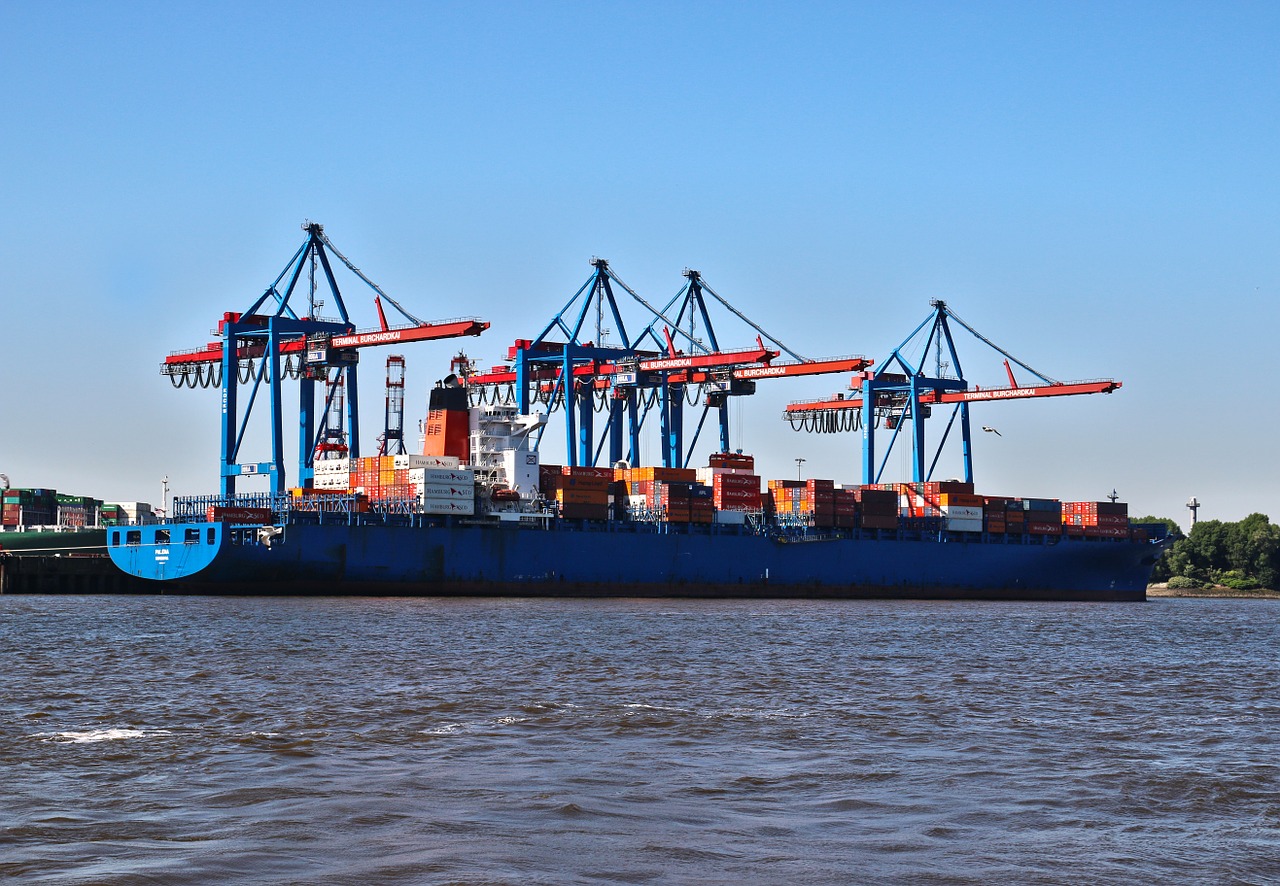Esta web utiliza cookies para que podamos ofrecerte la mejor experiencia de usuario posible. La información de las cookies se almacena en tu navegador y realiza funciones tales como reconocerte cuando vuelves a nuestra web o ayudar a nuestro equipo a comprender qué secciones de la web encuentras más interesantes y útiles.
Publicaciones
In the canonical model of frictionless markets, arbitrage is usually taken to force all trades of homogeneous goods to occur at essentially the same price. In the real world, however, arbitrage possibilities are often severely restricted and this may lead to substantial price heterogeneity. Here we focus on frictions that can be modeled as the bargaining constraints induced by an incomplete trading network. In this context, the interplay among the architecture of the trading network, the buyers’ valuations, and the sellers’ costs shapes the effective arbitrage possibilities of the economy. We characterize the configurations that, at an intertemporal bargaining equilibrium, lead to a uniform price. Conceptually, this characterization involves studying how the network positions and valuations/costs of any given set of buyers and sellers affect their collective bargaining power relative to a notional or benchmark situation in which the connectivity is complete. Mathematically, the characterizing conditions can be understood as price-based counterparts of those identified by the celebrated Marriage Theorem in matching theory.
Polanski, A. y F. Vega-Redondo (2018): “Bargaining Frictions in Trading Networks”, The B.E. Journal of Theoretical Economics, 18(1), enero, pp. 43-70.



